As women, our hormonal cycles can make us an emotional mess! From our first period to our last, we are dominated by our hormones. These tricky little messengers can run around amuck in our bodies for years and are often never “on a short lease and house trained.” This is my motto and the way I like my hormones.
In other words, I want some predictability. I don’t want the unknown creeping into my day and then I blow a fuse without any warning. I think my family appreciates this too, especially my kids! But life is not always so predictable and neither are our hormones. If you agree, then it’s time to do something about them!
Hormonal balance is possible, in fact it’s absolutely essential to maintaining our good health. This has become harder to do with all the chemicals we find everywhere and so many products we take for granted our safe to us. The fact is our bodies absorb many chemicals through our skin that can throw our hormonal balance into a spiraling nose dive. As you probably know hormonal imbalance is the precursor to PMS, menstrual cramps, peri-menopause and menopause symptoms. So keeping the balance is crucial no matter what your age.
Here's one tip on a chemicals you may have already heard about but didn't realize it could be sneeking into your body in ways you never considered.
The chemical is BPA’s (Bisphenol A) a known endocrine disrupting chemical which acts like estrogen in our body. Did you know that cash register receipts are made from thermal papers that contain high amounts of BPA’s. When you touch these receipts or even handle cash today, (much of the BPA’s are landing on our cash) you potentially have high amounts of BPA’s on your hands. The cumulative effect is the effect we are worried about here. Your action step to prevent BPA’s entering your body is easy.
Wash your hands before you eat or touch you mouth.
It should be part of our daily hygiene anyway. But often times we eat on the run, pick up fast food and have just touched the receipt of the food we bought. Just be cognitive, that you may not really need that receipt.
Politely decline taking the receipt. Washing your hands may seem like a simple baby step to creating better health and healing for your body from PMS to menopausal symptoms. But, adding a whole lot of small healthy steps together takes you from a standstill to a full sprint in creating better health. If you have more questions revisit the information on BPA’s in the book, Stop Your Bitching…naturally! or get "30 Days of Tips To Stop Your Bitching…naturally! The book of tips is an easy to follow guidebook with one TIP for everyday of the month to help you bring balance back to your hormonal shifts..NATURALLY.
Get 30 Days of Tips FREE from October 18-20th, 2013 on Amazon downloadable books.
Natural Menstrual Cramp Relief fast with PMS Relief Herb Pack from Pacific Herbs


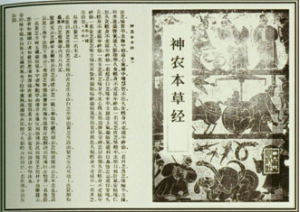
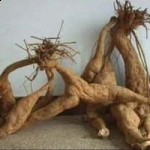
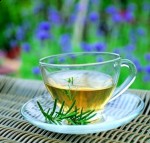
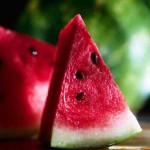



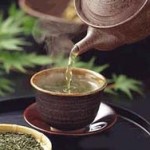 This remarkable research conducted at Yale University is incredible news for Americans. Asian societies, on the other hand, have used these Chinese herbs for generations and understand that boiling peony root, with licorice root, red dates and skullcap root can help the gastro-intestinal tract especially when one is suffering from diarrhea.
This remarkable research conducted at Yale University is incredible news for Americans. Asian societies, on the other hand, have used these Chinese herbs for generations and understand that boiling peony root, with licorice root, red dates and skullcap root can help the gastro-intestinal tract especially when one is suffering from diarrhea.